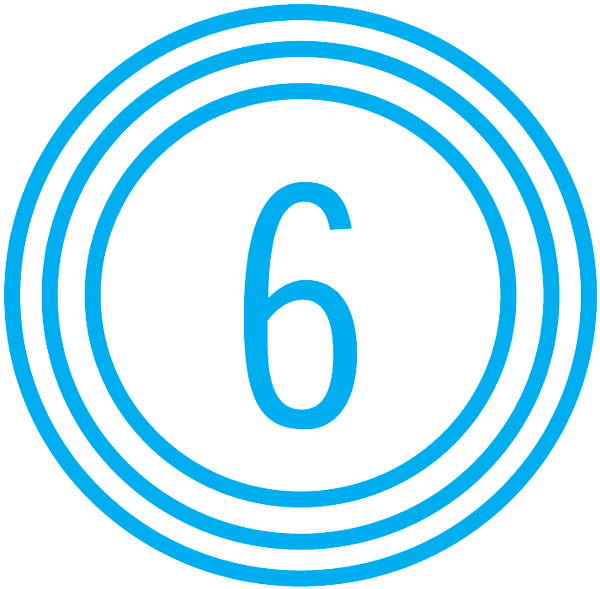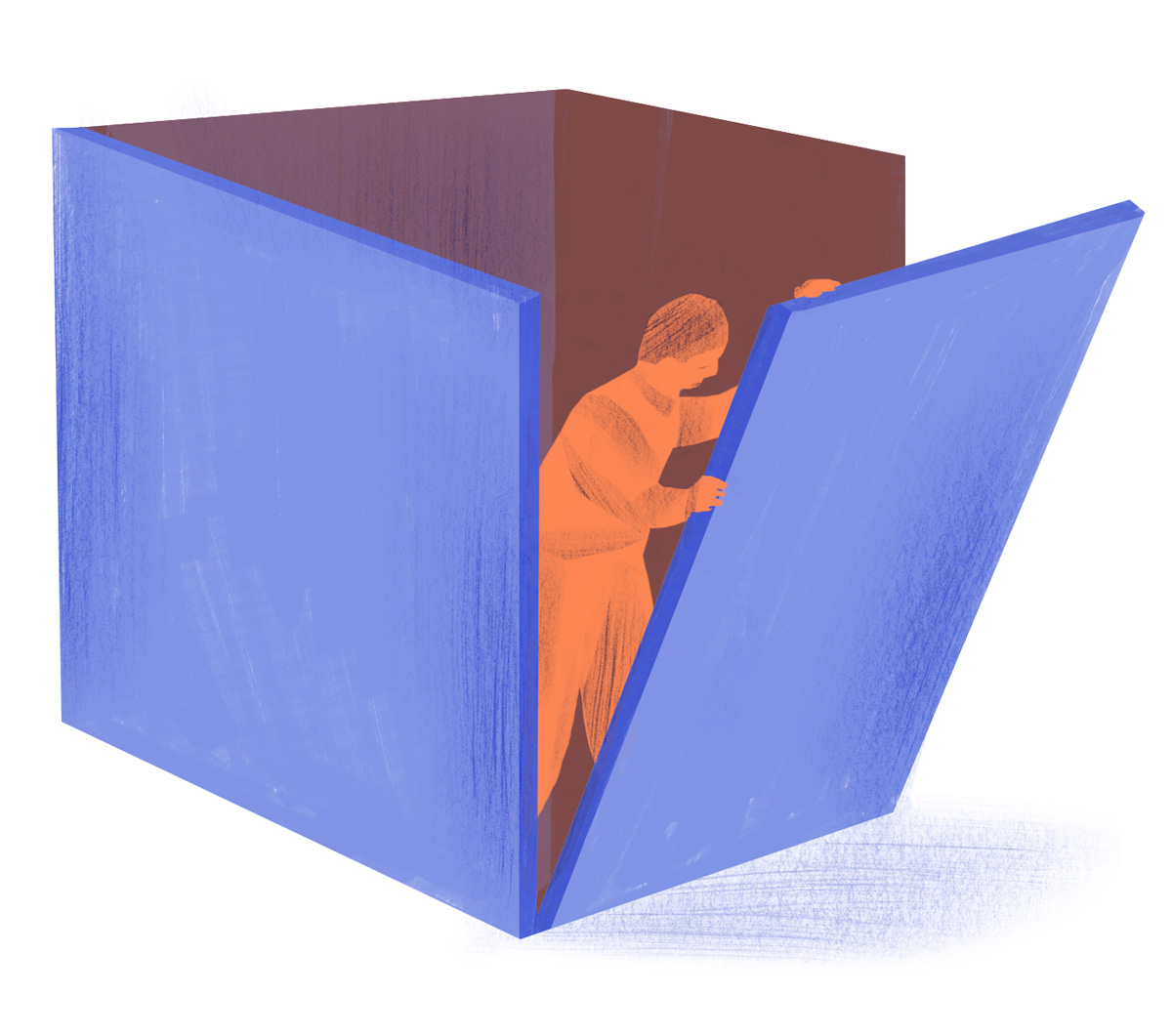

Radical Change
The consequences of realizing all of this is that our lives will have to change radically — it is no longer a question of looking for “growth” or “innovation” or an improved version of what already exists. We need to be willing to re-examine and to radically change some of the most fundamental aspects of American life: Can we imagine being a nation in which owning a car is not a necessity for middle-class life? After two centuries of industrial civilization telling us that we could always master our environment, can we learn to care for it? Or subordinate our desires to its needs?
While it may seem logical to adopt new modes of thinking in order to respond to new situations, it is incredibly hard to do so. Our education systems, our social and economic structures and the very workings of our brains all encourage us to be creatures of habit. The ancient Greek word ethos, from which we get our concept of “ethics,” meant “habit” or “character;” the two are almost synonymous. From the early Christian theologian Saint Augustine to contemporary theorists such as Judith Butler, there have been thinkers who have reminded us of how entrenched and how enchanting our habits are. And that progress often takes the form of breaking or opening them for comparison to the habits and ideas of others outside our group, our nation, or even our species.
During the past few years, I have been given hope by the willingness of Bucknell students to do this hard work of thinking the new, of breaking their mental habits and realizing that the present world situation requires us to want new things. Ideas or modes of living that were once unthinkable seem possible or even necessary to them. Our task as an institution is to create an environment that encourages and tests these new modes of thinking. After all, as the great comparative literature scholar Gayatri Chakravorty Spivak puts it, instructors can’t really “change minds;” we can only alter desires. I find hope in our students’ willingness to desire and think in new ways.
— Professor John Hunter, comparative & digital humanities
